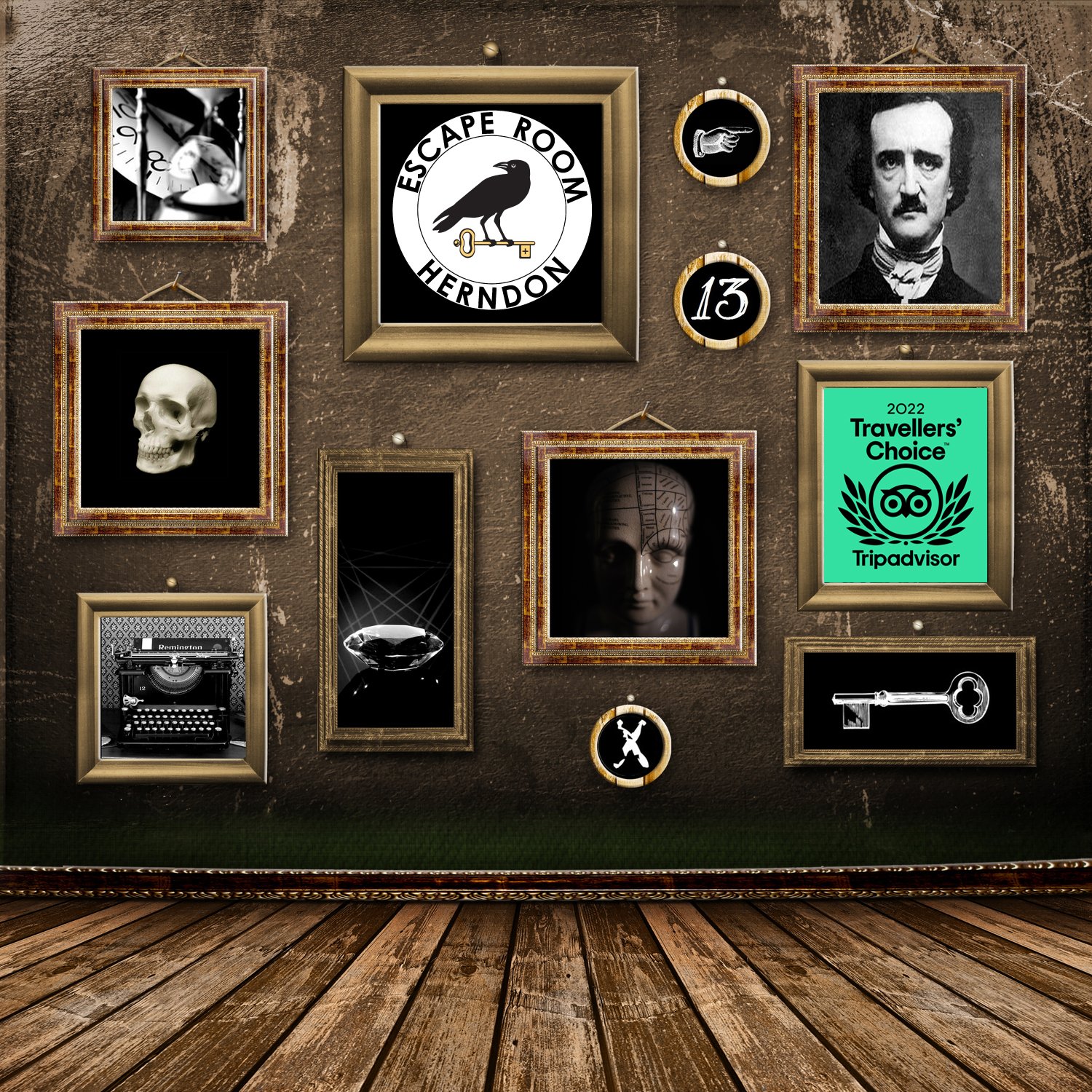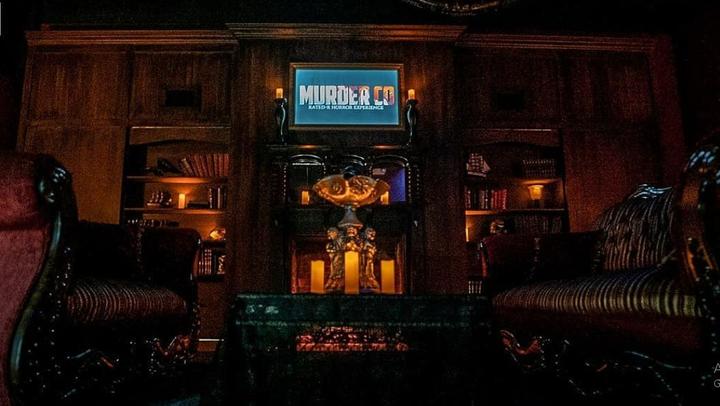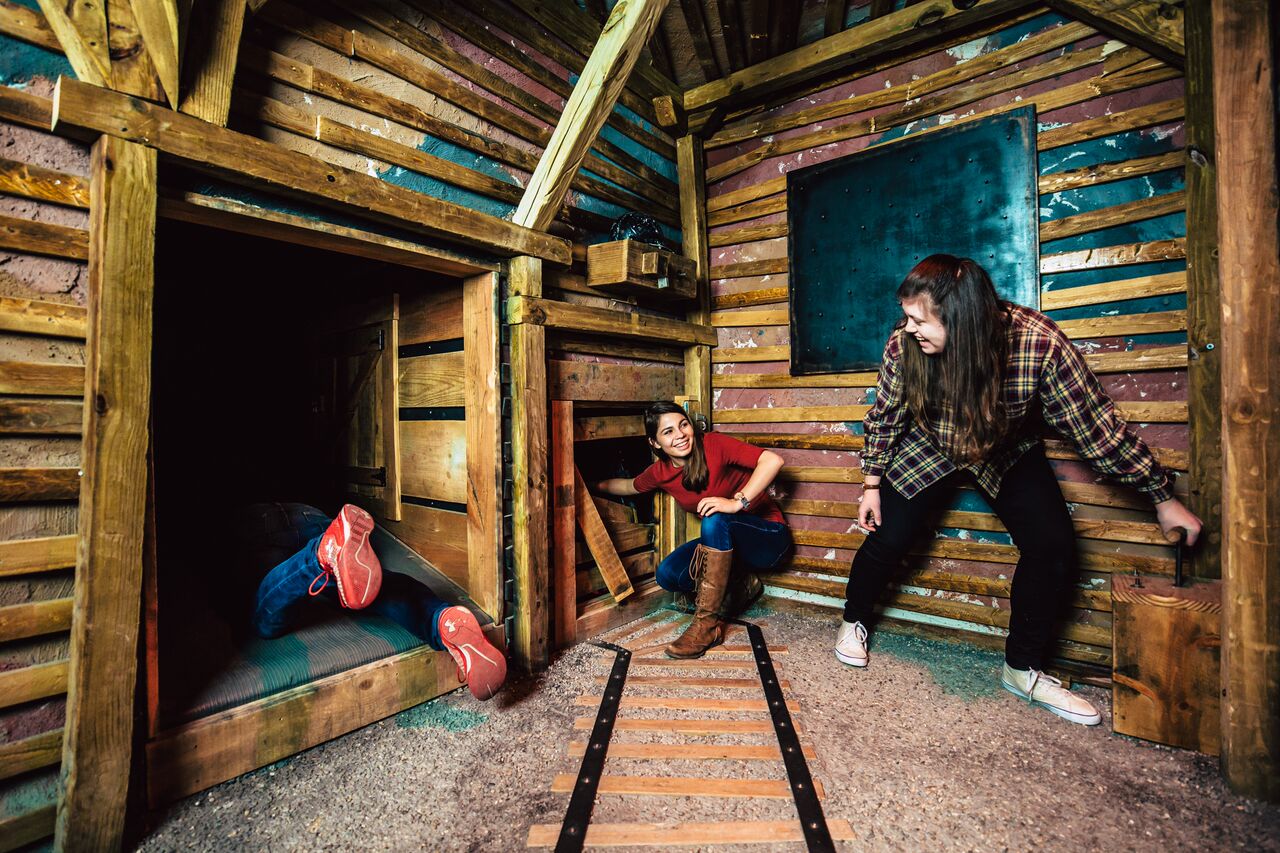Minneapolis Escape Room-- Amazing Challenge Difficulties for All Ages
Minneapolis Escape Room-- Amazing Challenge Difficulties for All Ages
Blog Article
Team Methods: Exactly How to Work together Effectively in a Retreat Room
Navigating the intricacies of a getaway area requires more than plain enthusiasm; it requires a well-coordinated strategy based in clear communication, critical function projects, and adept time monitoring. Teams should actively pay attention per participant's insights, designate duties that line up with individual toughness, and preserve normal check-ins to make sure focus and protect against redundancy. By fostering a setting that values cohesion and flexibility, groups can significantly enhance their effectiveness and success rates. The nuances of these approaches can change the experience, but how exactly can they be carried out to make the most of the potential for success?
Establish Clear Interaction

To facilitate clear interaction, it is vital to assign a main point of get in touch with for information circulation. This duty involves summing up searchings for and recommended methods to guarantee every person stays on the very same page. Furthermore, embracing a methodical approach to discussions can protect against disorderly exchanges. Short, concentrated updates from each team participant can maintain the team notified without overwhelming them with info - best escape room.

Appoint Functions Strategically
While clear interaction sets the structure for effective synergy, designating roles purposefully guarantees that each employee's toughness are used effectively. In a getaway room circumstance, the time-sensitive and complicated nature of challenges requires a well-organized technique to task delegation. By recognizing and leveraging individual proficiencies, teams can optimize their analytic abilities and enhance total performance.
First, evaluate the unique abilities and features of each participant. Someone with a keen eye for information may succeed in locating hidden things, while a rational thinker might be much better matched to addressing challenges. It's just as vital to have a leader who can look after progression, manage the timeline, and make decisive calls when essential. This duty frequently needs solid organizational and interpersonal skills.
Second, make certain that duties are flexible and versatile. As brand-new difficulties emerge, the group needs to have the ability to pivot, reapportioning tasks as required. This adaptability aids preserve energy and protects against traffic jams that might take place because of rigid role assignments.
Eventually, a tactical approach to role task not just maximizes the strengths of each staff member however also promotes a cohesive atmosphere, driving the pop over here team towards a successful getaway.
Use Diverse Skills
Acknowledging and harnessing the varied abilities within your group can substantially elevate your efficiency in a retreat area. Each team participant brings unique strengths to the table, and efficiently leveraging these abilities can accelerate problem-solving and improve overall effectiveness. A group participant with strong logical abilities could excel at deciphering complex codes or patterns, while an additional with eager empirical capacities might quickly identify covert clues that others may ignore.
Reliable communication is key to utilizing these diverse abilities. Motivate staff member to voice their insights and concepts promptly, ensuring that all possible solutions are considered. This comprehensive technique cultivates a dynamic atmosphere where imagination and vital thinking can prosper. Additionally, assigning jobs that align with each member's strengths can reference protect against traffic jams and make sure that development is continual.
Furthermore, variety in abilities usually converts to diversity in believing designs, which is important in a getaway area setting. While some obstacles may require sensible thinking and accuracy, others could take advantage of imaginative and association of ideas. By identifying and leveraging this variety, teams can attend to a broader array of difficulties better, consequently enhancing their opportunities of an effective retreat.
Manage Time Effectively

First, assign initial minutes for a fast study of the room. Identify noticeable problems and split jobs based on staff member' toughness, ensuring that nobody is idle. Establish interior time checkpoints to assess development occasionally; for circumstances, objective to have half the puzzles solved by the mid-point of the game. This practice can aid keep the team concentrated and prevent time from sliding away undetected.
In addition, prevent tunnel vision. If a challenge is taking too long, revolve employee or go on to another obstacle, returning later on with fresh point of views. Interaction is extremely important-- keep every person updated on fixed puzzles and staying tasks to prevent redundant initiatives.
Lastly, make use of any hints or clues moderately however tactically - best escape that site room. Recognizing when to ask for assistance can save useful time. By sticking to these time management concepts, groups can substantially improve their possibilities of an effective and pleasurable retreat area experience
Debrief and Reflect
Reflection is an important element of team growth and improvement in the context of retreat areas. As soon as the difficulty is finished, whether successfully or not, it is crucial for the team to participate in an organized debriefing session. This procedure allows staff member to assess their performance, identify staminas, and identify locations for enhancement.
Begin the debrief by discussing what went well. Highlight certain circumstances of reliable communication, analytical, and cooperation. Identifying these positive habits enhances them and urges their rep in future obstacles.
Next, deal with the challenges came across. Talk about minutes of complication, miscommunication, or inadequate approaches. Urge an open and useful dialogue where team members can share their perspectives without fear of objection. This promotes a society of continuous renovation and learning.
Verdict
To conclude, successful cooperation in a getaway space is asserted upon clear communication, calculated duty projects, the reliable usage of diverse abilities, and skilled time administration. Normal check-ins and organized debriefings are essential for preserving emphasis and promoting constant enhancement. By producing a natural and flexible group setting, the possibility of successfully fixing problems and accomplishing the purpose of running away the space is dramatically boosted. This technique not only makes sure success but likewise promotes collective development and knowing.
Report this page